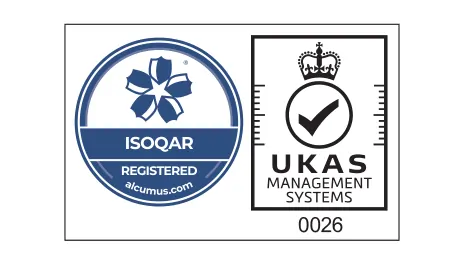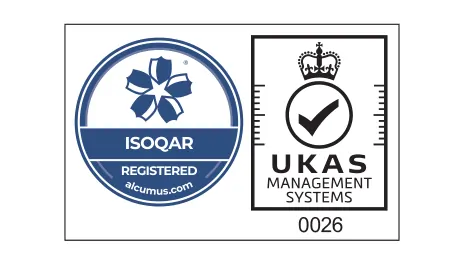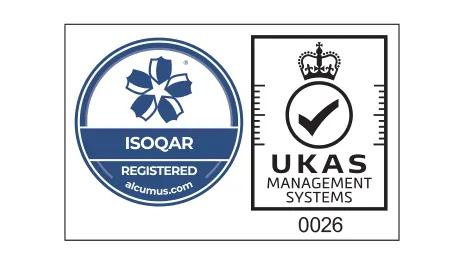
The UK’s telecommunications sector keeps a population of 68 million people in contact with one another and with others around the world. Britain has one of the most robust telecoms infrastructures, meaning there are few areas of the country left without any kind of telephone contact. As more money is invested in the industry, mobile coverage is set to expand to minimise the occurrence of black spots. With an estimated worth of £31 billion, it is already a vital part of the British economy—more so when you consider how many companies depend on reliable telecoms technology to function.
Electroplating in the telecommunications sector

Telecommunications rely on quality electrical parts. To get the most out of such components, they need to be able to conduct electricity with optimal efficiency while also being protected against the heat generated during operation. Telecoms devices are also susceptible to RFI and EMI, which can affect performance, so their components need to be treated against that, too.
These are some of the ways in which electroplating is crucial to the telecoms industry as a whole:
![]()
Small, precision parts

Telecommunications equipment makes use of tiny components, many of which require a suitable plating solution. Here at Karas Plating, we offer a rack-and-barrel plating technique that allows us to plate thousands of minuscule parts at a time. This method ensures an even coating on all parts, however small they might be, and is a cost-effective way to plate in volume.
Heat resistance

Whether we’re talking about handheld telecom devices or the wiring infrastructure that telecommunications systems still use, electrical components can overheat, causing them to malfunction. Several metal finishes can help alleviate this problem, including copper, nickel, and zinc coatings.
Improved conductivity

The speed and reliability of telecom equipment depend on how well the circuitry in these devices can conduct electricity. Even a fractional improvement in conductivity can produce noticeable differences in performance. While many of our metal coatings are used in this manner (including copper, nickel, and zinc), the most effective materials to plate with for conductivity are silver and gold. Of course, these precious metals are more expensive, but they are applied in minute quantities, ensuring a good return on investment.
RFI and EMI Shielding

Modern telecommunications devices are prone to Radio Frequency Interference (RFI) and Electromagnectic Interference (EMI), both of which can impair equipment, particularly over a prolonged period. Key components, such as smartphone circuitry, require the right plating solution to protect against this kind of disturbance. While nickel-plated parts offer a cost-effective solution, the more efficient method is to plate with silver. Perhaps the most effective of all is to apply a layer of copper plating first, followed by a layer of silver.
Our Accreditations


ISO 45001:2018 – Health & Safety
ISO 45001:2018 is the international standard for Occupational Health and Safety Management Systems (OHSMS), replacing OHSAS 18001. By working to this standard, we protect the health, safety, and wellbeing of our employees, visitors, and anyone affected by our operations

ISO 14001:2015 – Environment
ISO 14001 is an internationally recognised standard that sets the requirements for an environmental management system (EMS). By working to the ISO 14001:2015 standard, we improve our environmental performance through the efficient use of resources and waste reduction, while strengthening our position and building trust with our stakeholders.

ISO 9001:2015 – Quality
ISO 9001 is the international standard for Quality Management Systems (QMS). By working to this standard, we strengthen our practices to meet the needs of our customers and stakeholders, using a framework that drives continuous improvement. It ensures we deliver consistent quality in our electroplating services through the correct application of a QMS.
Other sectors we cover


Much like the automotive industry, the British aerospace sector relies on a wide variety of plating techniques at every stage of production. From making their components more hard wearing or resistant to corrosion, to improving the conductivity of electronic equipment, all aspects of the aerospace industry require the very best in professional metal finishing and plating, as provided by the Karas Plating team.

Whether we’re talking about the National Grid, criss-crossing the country providing the nation with its electricity, or more renewable sources of power generation like wind turbines and solar panels, electroplating is essential to the power industry. Components undergo great pressure on a day-to-day basis and must be robust enough to withstand the strain.

The British defence industry utilises many of the electroplating processes that we have perfected here at Karas Plating. Precision plating is required to create reliable defence products. Likewise, they must be resistant to heat, corrosion, and other environmental considerations, since they might be deployed anywhere in the world at a moment’s notice.











